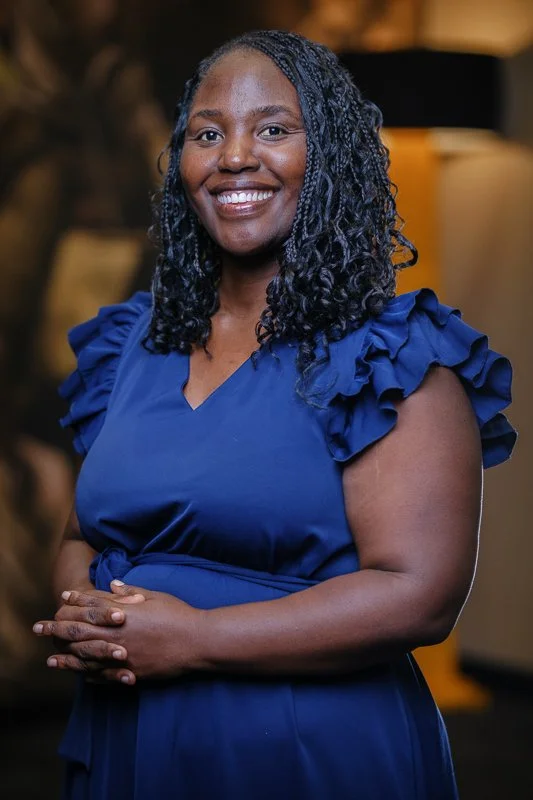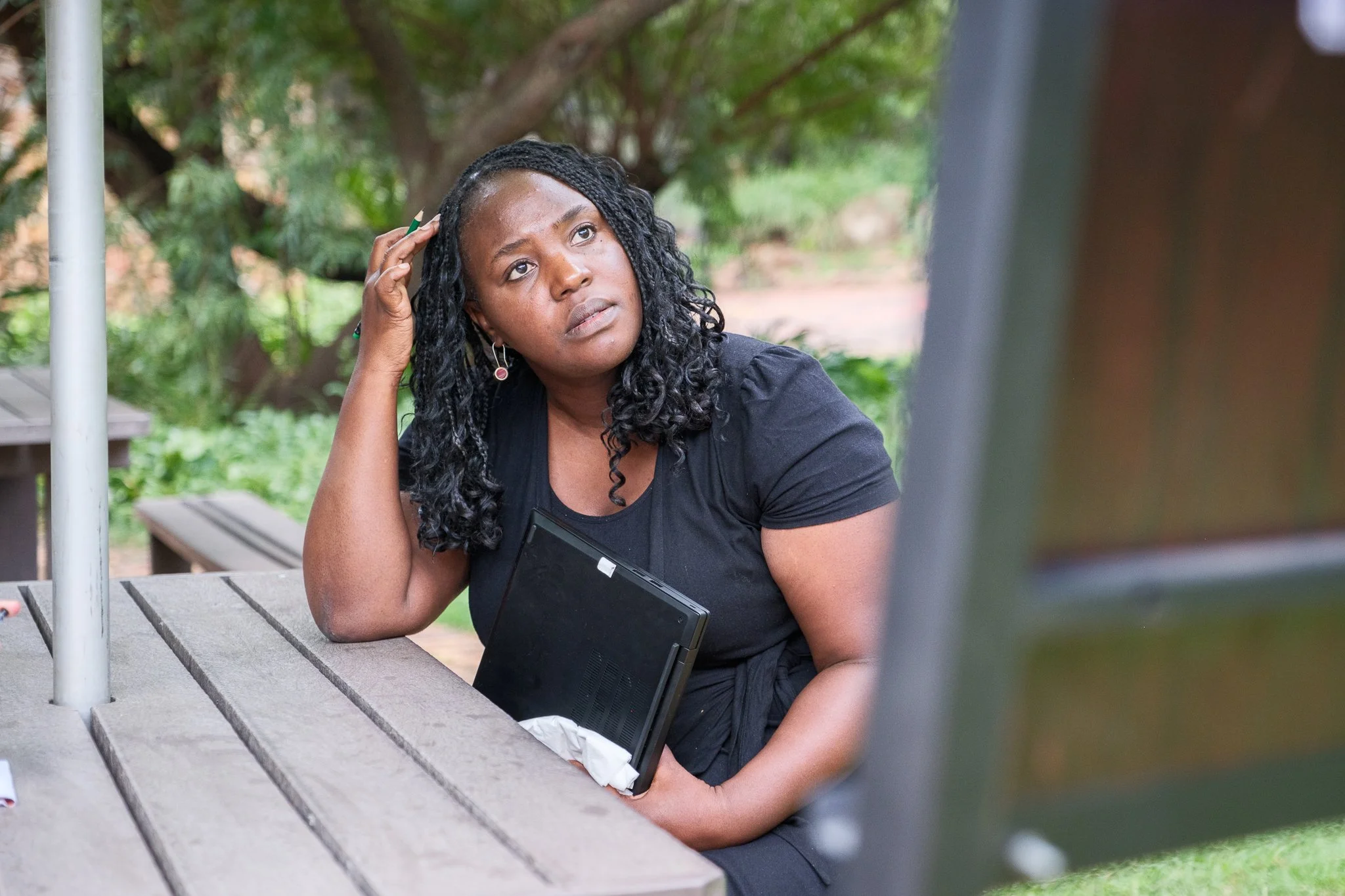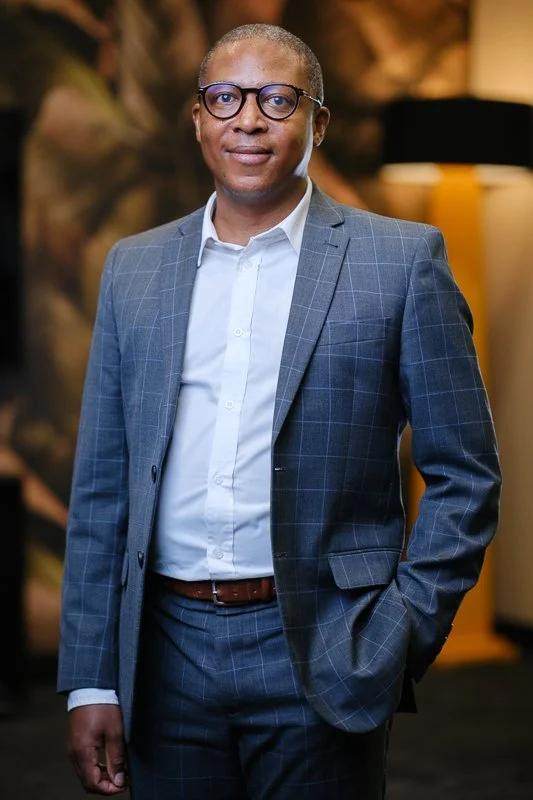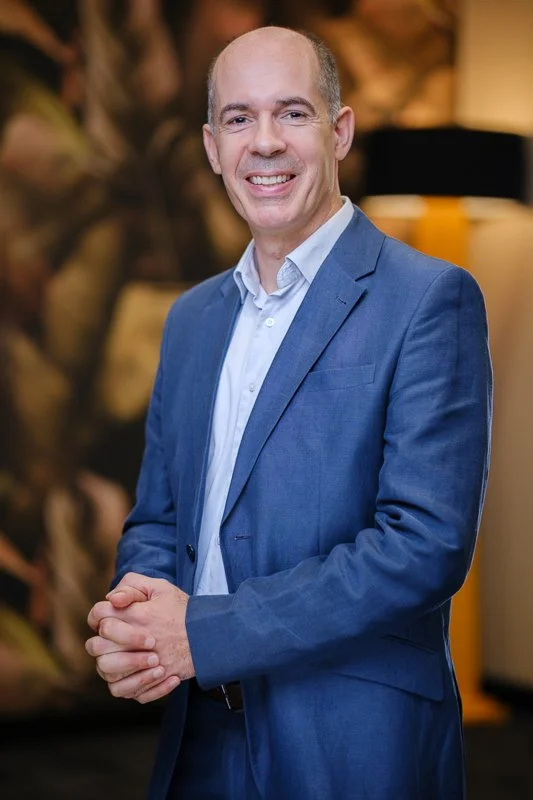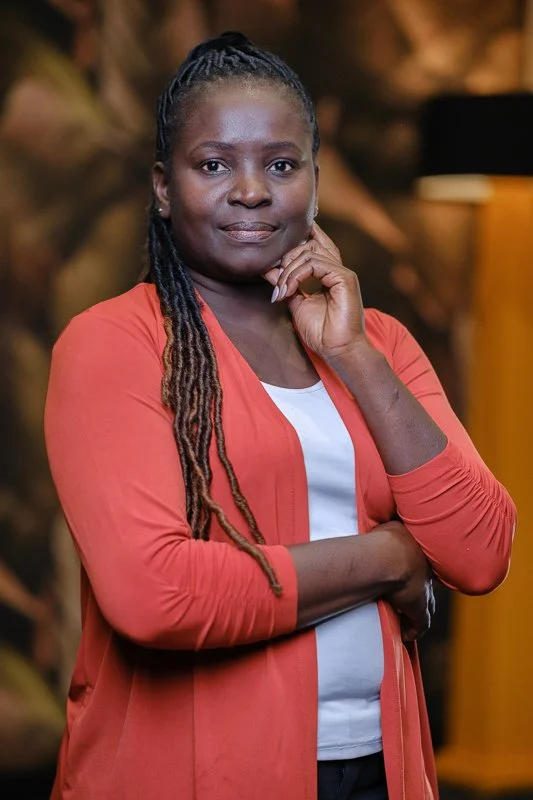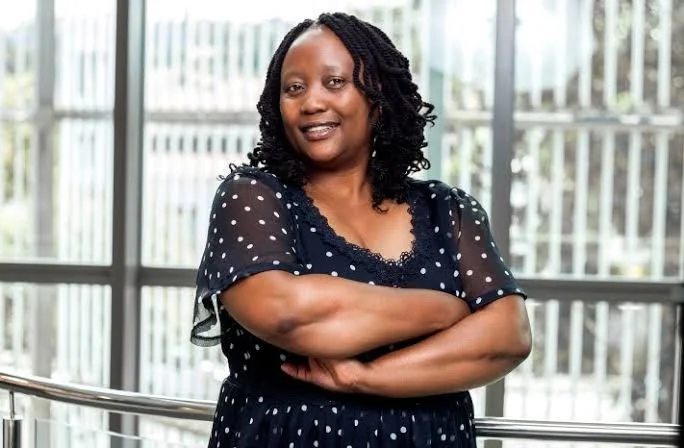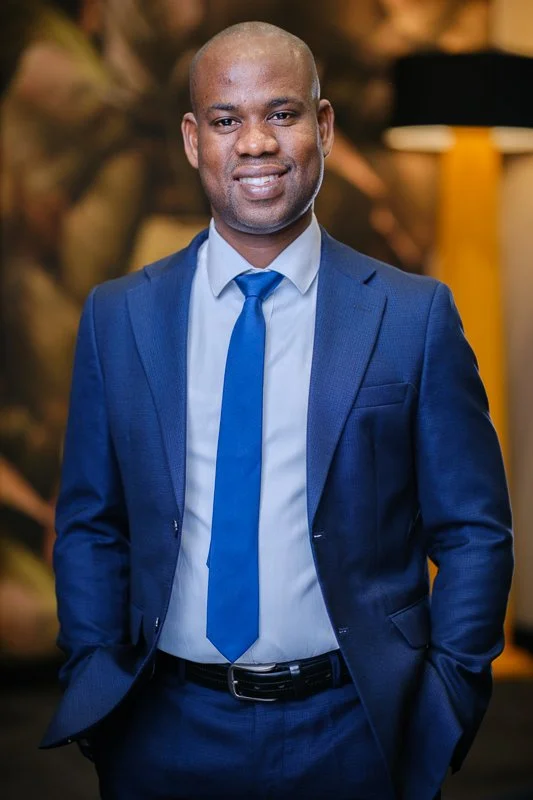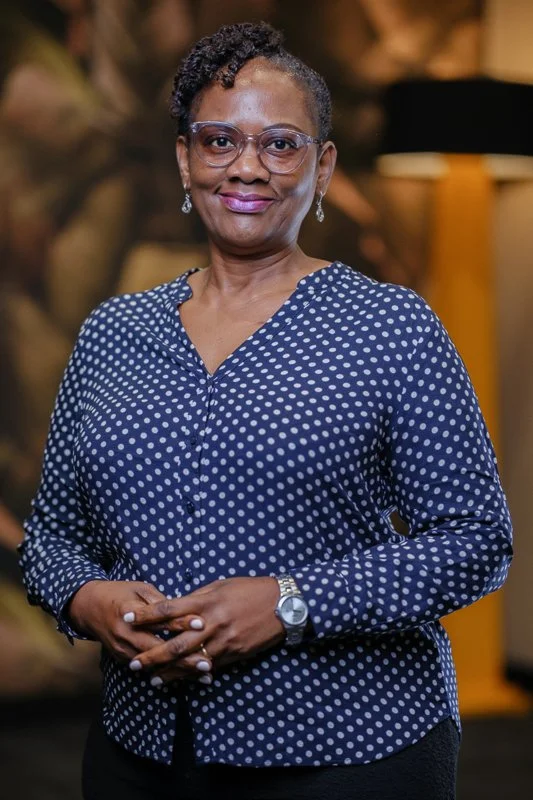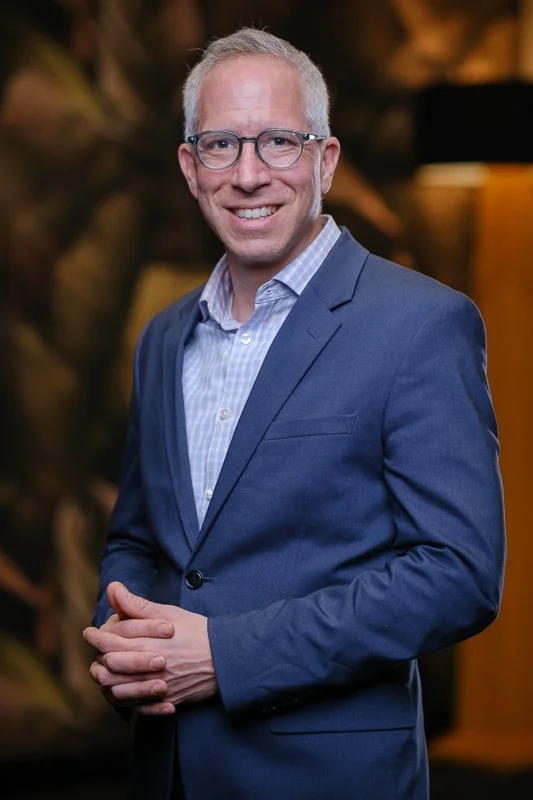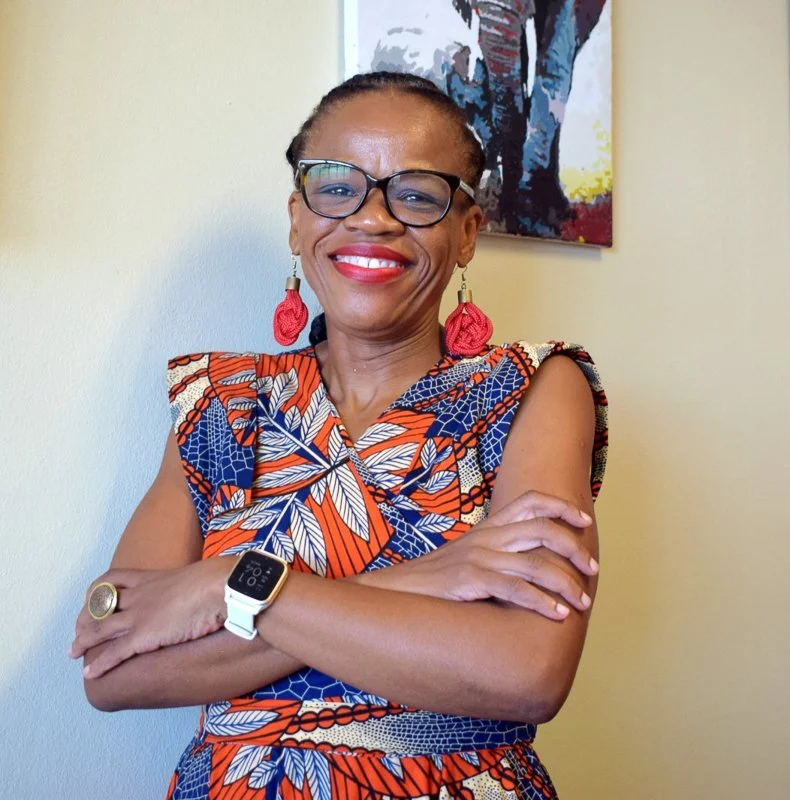Nomathemba Chandiwana
Director: HIV Treatment Research, University of Cape Town
Chief Scientific Officer, Desmond Tutu Health Foundation
Dr. Nomathemba Chandiwana is a clinician scientist and epidemiologist with extensive expertise in investigating the metabolic impact of antiretroviral therapy (ART) regimens on people living with HIV (PWH) in South Africa. Her research focuses on HIV, obesity, and cardiometabolic disease, and given the high prevalence of obesity among PWH in Africa, with women disproportionately impacted, understanding its contribution to chronic inflammation and brain health is essential. She has also served as PI or Co-Investigator on 11 clinical trials, ten of which were investigator-initiated. Notably, she is a co-investigator on the ADVANCE trial in which the first ART-emergent obesity signal from a randomized clinical trial was documented. This trial and many others she has overseen have investigated the intersection of cardiovascular-kidney-metabolic (CKM) complications and risk factors alongside the treatment of HIV infection.
Moreover, women with HIV have been a key focus in these studies, as they represent most people with HIV (PWH) in Africa and the population most acutely affected by treatment-emergent weight gain and clinical obesity. Her entire scientific career to date has made her a global expert in the epidemiology and clinical care of people living with HIV and obesity in the Southern African context.
What attracted you to GLISTEN?
“GLISTEN is what we need right now as we are trying to pivot and focus.
This initiative brings us together, not duplicating our efforts, but leveraging different expertise. We are stronger that way.
The collaboration is what has really attracted me to this initiative.”
What do you see as the most exciting opportunities for the GLISTEN initiative?
“We are at a cross-roads in global health. The opportunity is a chance to pivot, instead of moving backwards.
We can have African-led science, for us, by us and a way of moving us forward in a sustainable and relevant way..”
If you could tell a funding organisation one thing about GLISTEN and its potential to change the way we do science, what would it be?
“In the current funding environment where we have to be really judicious with funds, having a consortium of different organisations with a focused goal that are able to scale-up work, you’re able to answer similar questions across different contexts.”

